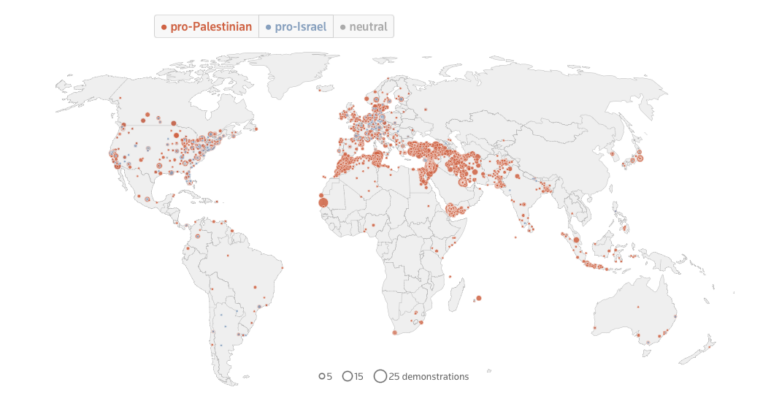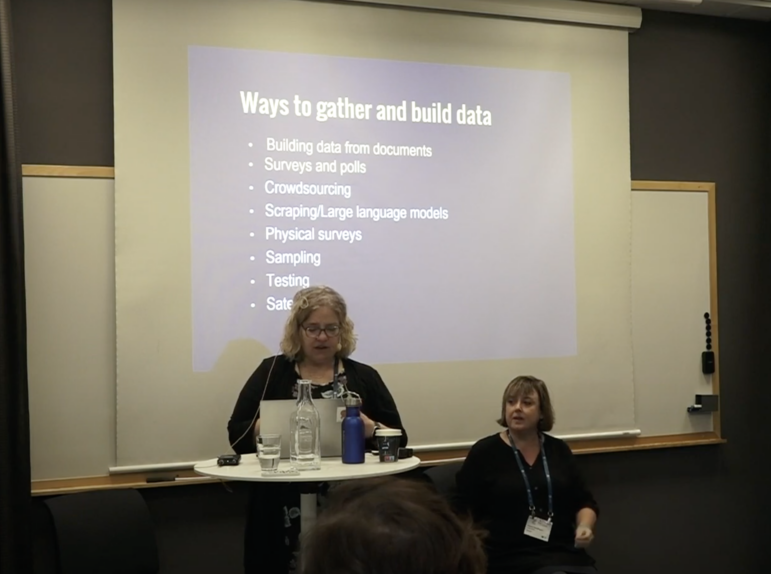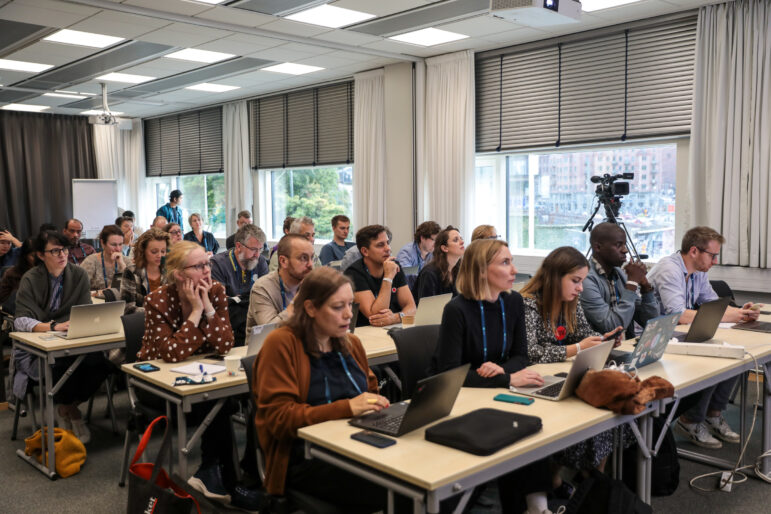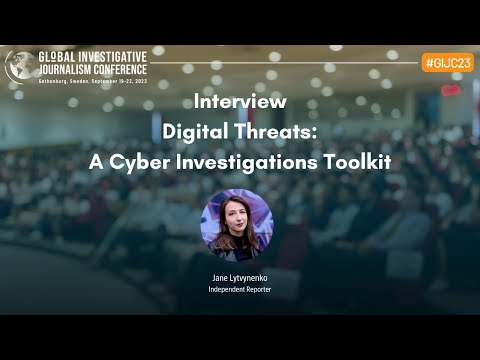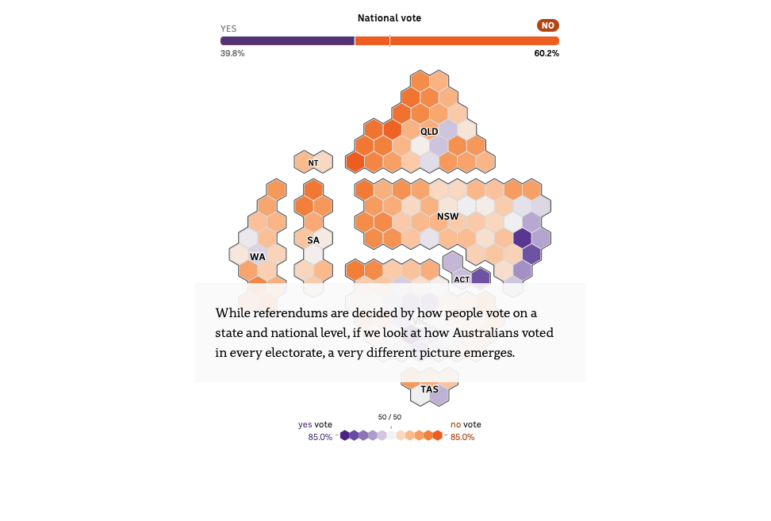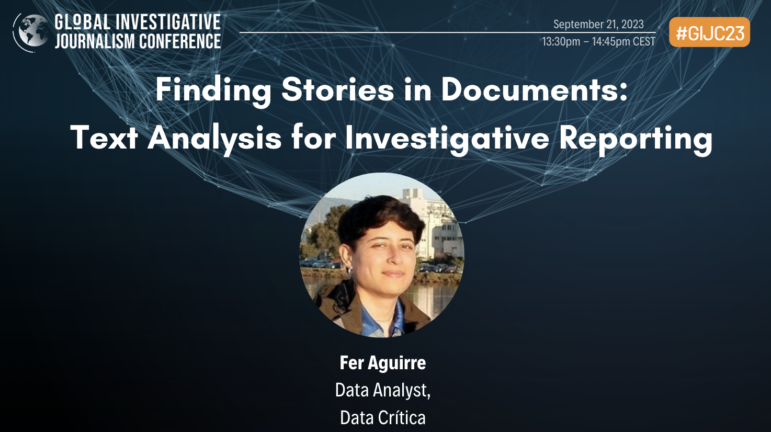
Data Journalism GIJC23 Reporting Tools & Tips
Tips to Guide Investigative Journalists in Document Text Analysis
Investigative journalists often face the challenge of reviewing and combining large documents or data in text forms. This can be very exhausting and labor intensive.


